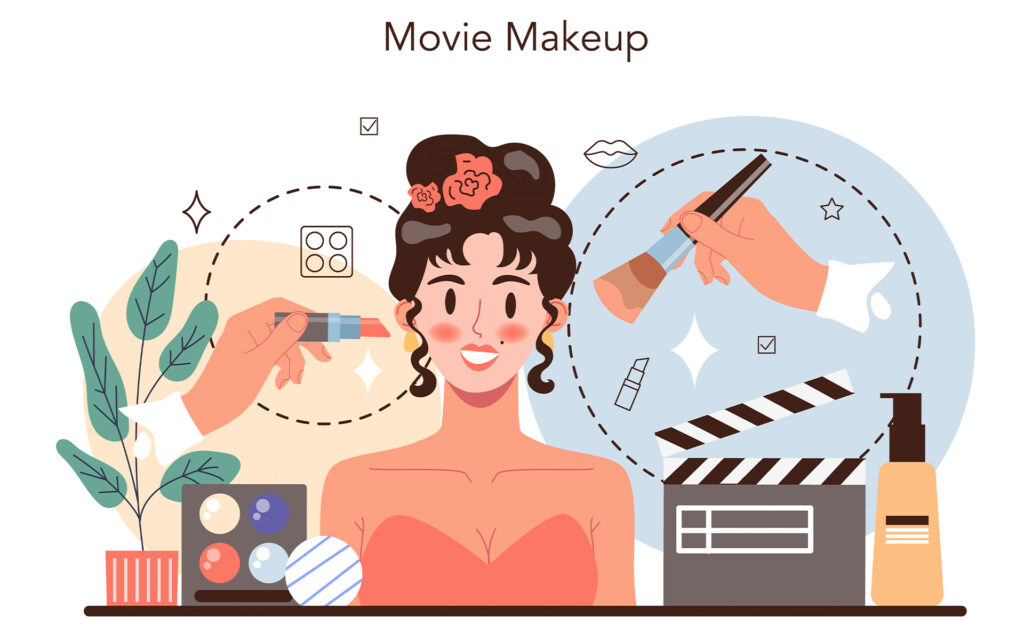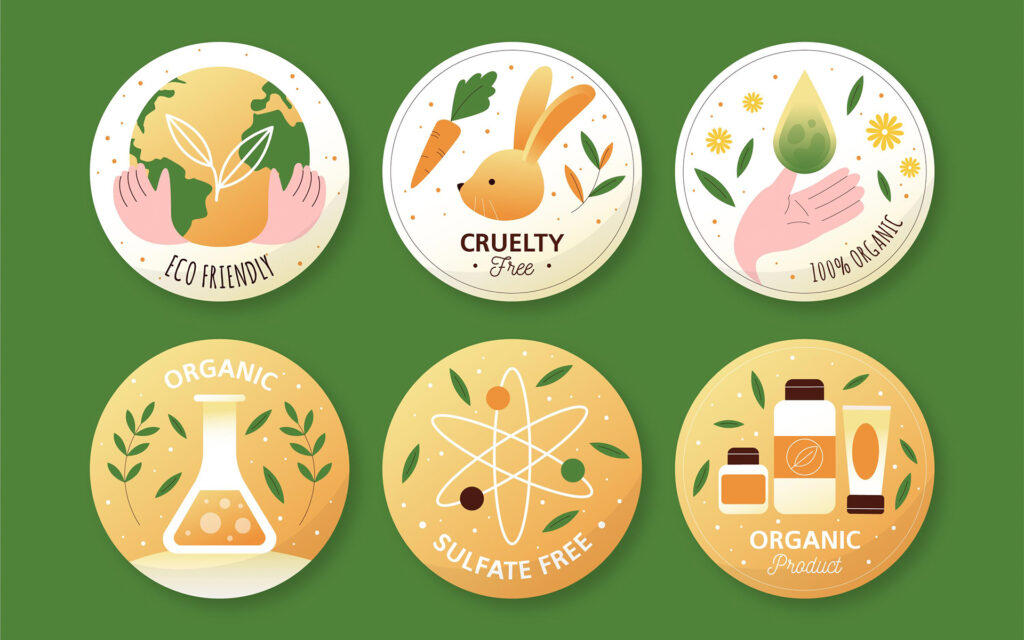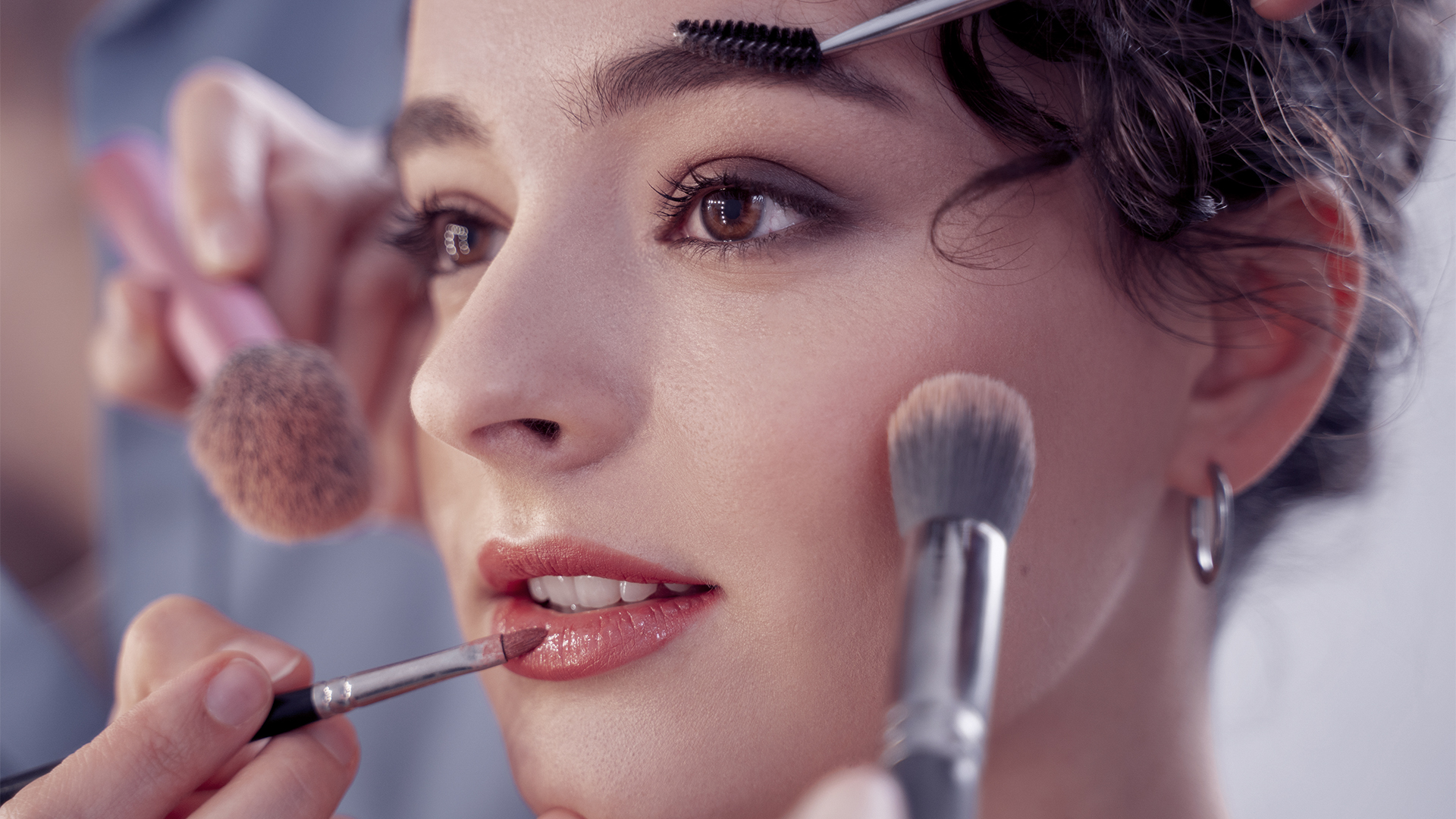The beauty industry has always played an important role in society. However, behind the patina of glamour and perfection that often characterizes this sector, some issues require attention and critical reflection. So, we will explore some of the challenges in the beauty industry and refer to enlightening documentaries that have analyzed these issues in depth.

- Unrealistic beauty ideals: One of the main problems of the cosmetic industry is the promotion of false and unattainable beauty standards. Retouched and manipulated images in advertisements and magazines create impossible and frustrating expectations because they are difficult to achieve. This can cause insecurities, low self-esteem, and even eating disorders. The documentary “The Illusionists” (2015) explores the media’s perpetuation of beauty standards and the negative impact they have on our society.
- Evidence of animal cruelty: Another problem in the field concerns the practice of animal testing. Despite progress toward cruelty-free alternatives, many cosmetic products are still tested on animals. This practice raises ethical distress and has led to a growing awareness of consumers looking for products not tested on animals. The documentary “Earthlings” (2005) addresses animal experimentation in the beauty industry and questions the ethics behind this practice.
- Pollution and environmental impact: We often tend to associate beauty with significant environmental impact. The production of cosmetics and personal care products can involve the use of toxic ingredients and generate huge amounts of waste. In addition, the extraction of certain ingredients can threaten the environment and biodiversity. “The Green Beauty Revolution” (2020) highlights how more sustainable practices are being adopted and the impact consumers have on the environment.
- Lack of diversity and inclusion: A persistent problem is the lack of representation of diversity. Many brands still focus on a standardized beauty image, excluding a wide range of skin tones, hair types, and physical characteristics. This perpetuates harmful stereotypes and limits the representation of authentic beauty. The documentary “Beauty Redefined” (2019) explores how some companies and influencers are trying to challenge traditional canons of beauty and promote inclusion.
- Lack of transparency and regulation: In the beauty industry, lack of transparency and regulation is a major problem. Some products contain ingredients that are harmful to human health, such as toxic chemicals or undeclared allergens. In addition, companies may promote false claims or use deceptive marketing tactics. The documentary “Toxic Beauty” (2019) addresses the influence of the cosmetics industry on people’s health and the challenges consumers face in making informed choices.
Searching for solutions
While these issues may seem overwhelming, some solutions can contribute to a positive shift in the industry toward a more ethical, sustainable, and inclusive direction.

- Promoting awareness: Key to addressing the problems of the sector. Educating consumers about the beauty ideals of unrealistic media, animal testing, and environmental impact can help create demand for more ethical products and practices. Information campaigns and online resources can be used to raise awareness of the issues and encourage public debate.
- Stricter regulations: Regulators must implement stricter rules for the beauty industry. This can include restrictions on misleading advertising, bans on animal testing, and the adoption of better rules for product labeling. Specific regulations can incentivize companies to be more responsible and offer products that respect human health and the environment.
- Development and adoption of cruelty-free alternatives: Animal testing is an ethical issue that continues to plague the beauty industry. Supporting research and development of cruelty-free alternatives, such as in vitro testing and the use of cell models, can help reduce or eliminate reliance on animal testing.
- Promote sustainability: The beauty industry has a significant impact on the environment. Promoting sustainability can be achieved with natural ingredients, adopting eco-friendly production practices, using recyclable or biodegradable packaging, and reducing waste. Encouraging companies to be more transparent about their practices and reduce their environmental impact can help create a more sustainable beauty industry.
- Inclusion and authentic representation: This means representing different skin tones, hair types, bodies, and abilities. Companies must commit to hiring models and influencers who reflect real-world diversity. In addition, encouraging the creation of safe and inclusive spaces for people of all gender identities and sexual orientations is crucial for a beauty industry that embraces diversity.
Consumers have a critical role to play in shaping the beauty industry through their purchasing choices, sharing experiences, and supporting brands that embrace ethical values. At the same time, companies must take responsibility for adopting more sustainable practices and genuine inclusion, promoting transparency, and responding to consumer concerns. The road to a complete transformation can take time, but it is important to remember that every small step counts. With a collective commitment, we can cultivate a beauty industry that reflects the values of authenticity, responsibility, and respect. Informing ourselves also through the documentaries already mentioned, and others suggested in the past is an important step towards awareness and action.





